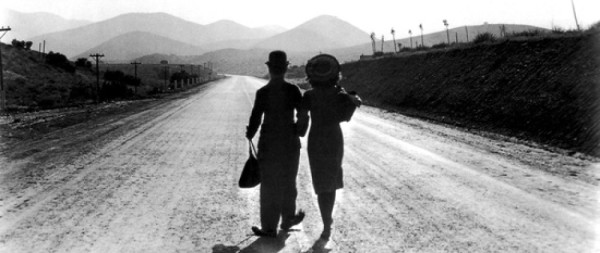Yoyo
Directed by Pierre Etaix
Written by Pierre Etaix and Jean-Claude Carriere
1965/France
C.A.P.A.C.
First viewing/FilmStruck
[box] Isolina: How do you come up with gags?
Yoyo: Oh, I don’t know. I watch, I observe.[/box]
Just an absolutely lovely comedy.
The story spans 40 years – from 1925-1965. Approximately the first third of the film is silent with copious use of sound effects and music. A millionaire (Pierre Etaix) lives alone in a fantastic palace with dozens of servants who cater to his every whim. He just pines for the girl he loved and lost.
In 1929 the stock market crashes and talkies come in. The millionaire loses everything but the chance appearance of a circus reunites him with his true love and their son Yoyo, a boy clown. In the midst of poverty, he finds happiness as a performer in the circus.
Years pass and the son grows up to be a famous clown (also Etaix). He weathers the war years and once France is liberated restores his father’s palace to its former glory. His heart never leaves the circus though.
Pierre Etaix films languished for many years due to deteriorated film elements. Even after these were restored they could not be shown because of legal problems. Now they are available and looking great. I think Etaix is almost the equal of Tati. This film is completely charming and often laugh out loud funny. Highly recommended.
Clip – dialogue free



